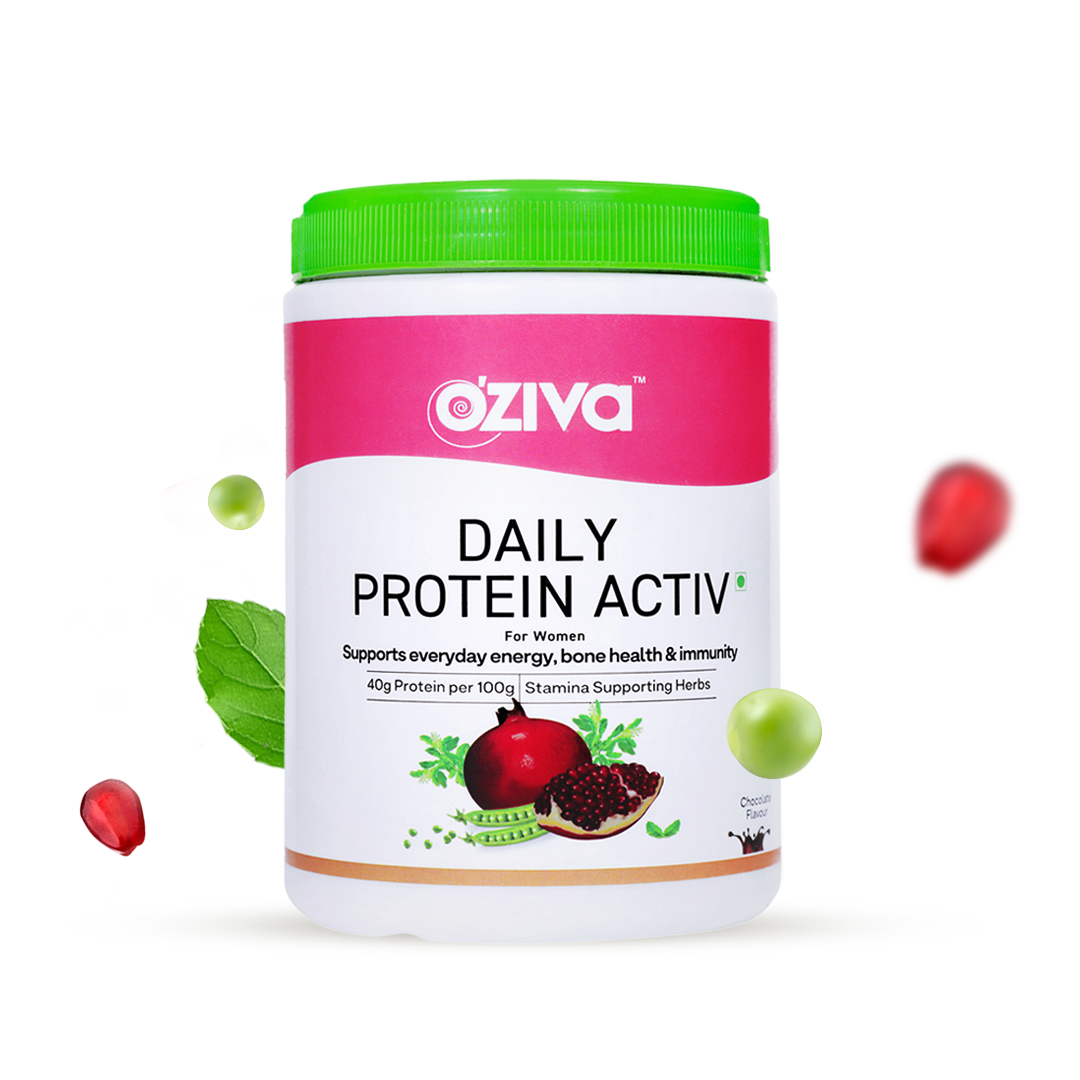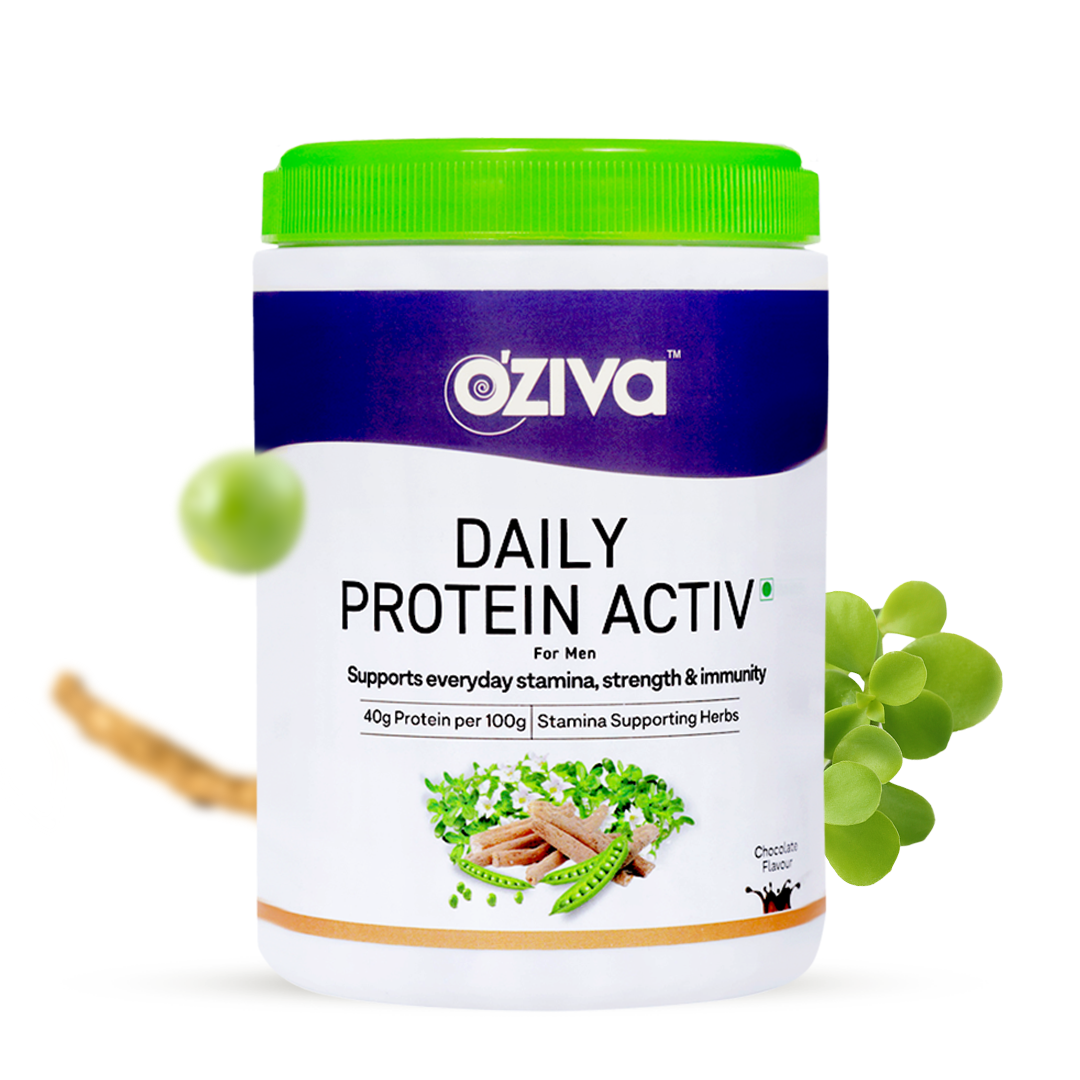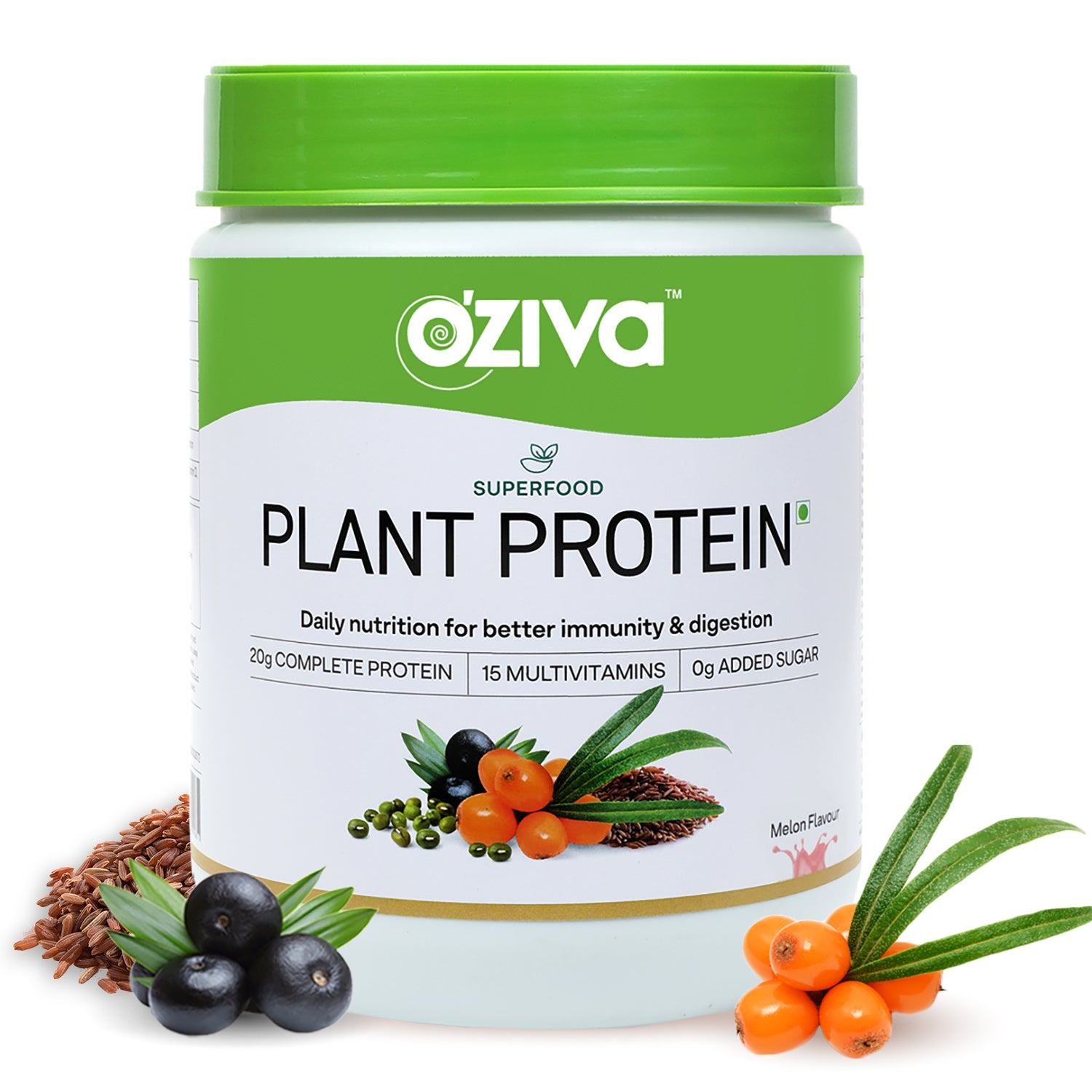Clean and Plant Based
Enriched with Ayurveda
Personalized Guidance
Protein for Beginners: What is It?
Protein powder for beginners is a popular and convenient supplement often used by beginners in fitness and bodybuilding to support their protein intake and aid in muscle recovery and growth. Protein powder for beginners provides a concentrated source of protein that can be easily incorporated into a variety of foods and beverages. In this article, we will explore the benefits, types, usage, and considerations of protein for beginners.
Benefits of Protein Powder for Beginners:
Convenient and Quick: Protein powder offers a convenient way to increase protein intake, especially for individuals with busy lifestyles or limited access to whole food protein sources. It requires minimal preparation and can be easily mixed with water, milk, or blended into smoothies for a quick and portable protein boost.
Muscle Recovery and Growth: Protein is essential for muscle recovery and growth. When you engage in resistance training or other intense physical activities, it leads to microscopic damage to muscle fibers. Protein powder provides the necessary amino acids that aid in repairing and rebuilding these damaged muscles, supporting the development of lean muscle mass.
Increased Protein Intake: Protein requirements vary depending on factors such as body weight, activity level, and goals. Many beginners struggle to meet their protein needs solely through whole food sources. Protein powder offers a convenient and efficient way to increase protein intake, ensuring that the body has an adequate supply of amino acids to support muscle repair and growth.
Variety and Flavors: Protein powders come in various flavors, allowing beginners to find options that suit their taste preferences. This variety makes it easier to adhere to a high-protein diet by providing enjoyable alternatives to plain protein-rich foods.
Types of Protein Powder:
- .Whey Protein: Whey protein for beginners is derived from milk and is one of the most popular types of protein powder. It is quickly absorbed by the body, making it ideal for post-workout recovery. Whey protein is high in essential amino acids, particularly leucine, which plays a crucial role in stimulating muscle protein synthesis.
- Casein Protein: Like whey protein, casein protein for beginners is derived from milk. However, it is digested and absorbed more slowly by the body, providing a sustained release of amino acids. Casein protein is often consumed before bed to support overnight muscle recovery.
- Plant-Based Protein: Plant-based protein powders for beginners are suitable options for vegetarians, vegans, or individuals with lactose intolerance or dairy allergies. They are typically made from sources such as pea protein, brown rice protein, hemp protein, or soy protein. Plant-based protein powders for beginners can be just as effective as animal-based protein powders in supporting muscle growth and recovery -sometimes even more so! It is all based on your dietary needs as well.
- Blends: Protein powder blends combine different protein sources to provide a more complete amino acid profile protein for beginners. These blends may include a mix of whey protein, casein protein, and plant-based proteins, offering a versatile option for individuals who want to benefit from the advantages of different protein sources.
Usage and Considerations of Protein for Beginners:
- Determine Your Protein Needs: Before incorporating protein powder into your routine, it's essential to determine your protein requirements. Factors such as your weight, activity level, and goals can help determine the amount of protein you need daily. A general guideline for beginners is to consume around 0.7 to 1 gram of protein per pound of body weight.
- Choose a High-Quality Protein Powder: Quality matters when selecting a protein powder. Look for products from reputable brands that undergo third-party testing to ensure purity, potency, and accurate labeling. Reading reviews and checking for certifications can help you make an informed choice. Most of the protein powders for beginners that OZiva has are Certified Clean by the USA-based Clean Label Project, tested and cleared for over 300 contaminants in parts-per-billion.
- Timing and Serving Size: While protein timing is not as crucial as overall daily intake, in the case of protein for beginners, consuming protein powder around workouts, such as pre- and post-workout, can aid in muscle recovery and growth. Follow the instructions on the protein powder packaging for serving size recommendations, typically ranging from 20 to 30 grams per serving.
- Consider Macronutrient Balance: Protein powder should complement a well-balanced diet that includes carbohydrates, fats, and micronutrients. It should not be relied upon as the sole source of nutrition. Whole food sources should still make up the majority of your diet, with protein powder used as a supplement to meet specific protein goals.
- Individual Tolerance and Digestibility: Protein powders may differ in taste, texture, and digestibility. Some individuals may have sensitivities or allergies to certain protein sources. Experiment with different brands, flavors, and types of protein powder to find the one that suits your preferences and digestive system.
- Read Labels and Avoid Unnecessary Additives: Pay attention to the ingredient list on protein powder packaging. Avoid products with excessive added sugars, artificial flavors, and unnecessary additives. Opt for protein powders with minimal ingredients and natural sweeteners if desired. OZiva’s protein powders for beginners are all soy-free, gluten-free, and contain no added sugar or artificial sweeteners.
- Consider Budget and Value: Protein powders for beginners can vary in price, so consider your budget and the value you're getting for the price. Compare the cost per serving and the protein content to find a product that fits within your budget while meeting your nutritional needs.
Choosing Protein Powders for Beginners with added ingredients
One of the most important items to note while selecting protein powders for beginners is to choose ones that have added ingredients for better results. For instance, OZiva Daily Protein Activ for Women contains 40g of protein per 100g, and also contains 7500 million CFU of probiotics for better protein absorption, digestion and for better gut health overall, unlike other protein powders for beginners on the market.
If you do not want to directly take protein powders for beginners, you can also try taking Peanut Butter. OZiva has three types of peanut butter products for your needs - ranging from Natural High Protein Peanut Butter Crunchy to Natural Peanut Butter Creamy. Take peanut butter with your protein powder for beginners as it is heart-friendly and good to meet your daily protein requirements.
It's important to note that protein powder for beginners is a supplement and should not replace a balanced diet or whole food protein sources. It is best used as part of an overall nutrition and fitness plan that includes a variety of nutrient-dense foods.
In conclusion, protein powder can be a valuable tool for beginners looking to enhance protein intake, support muscle recovery, and promote lean mass gain. By understanding the benefits, types, usage, and considerations of protein powders for beginners, beginners can make informed decisions when incorporating protein powder into their fitness journey. Remember to consult with a healthcare professional or registered dietitian for personalized advice and recommendations based on your specific needs and goals.
- Choosing a selection results in a full page refresh.
- Press the space key then arrow keys to make a selection.





